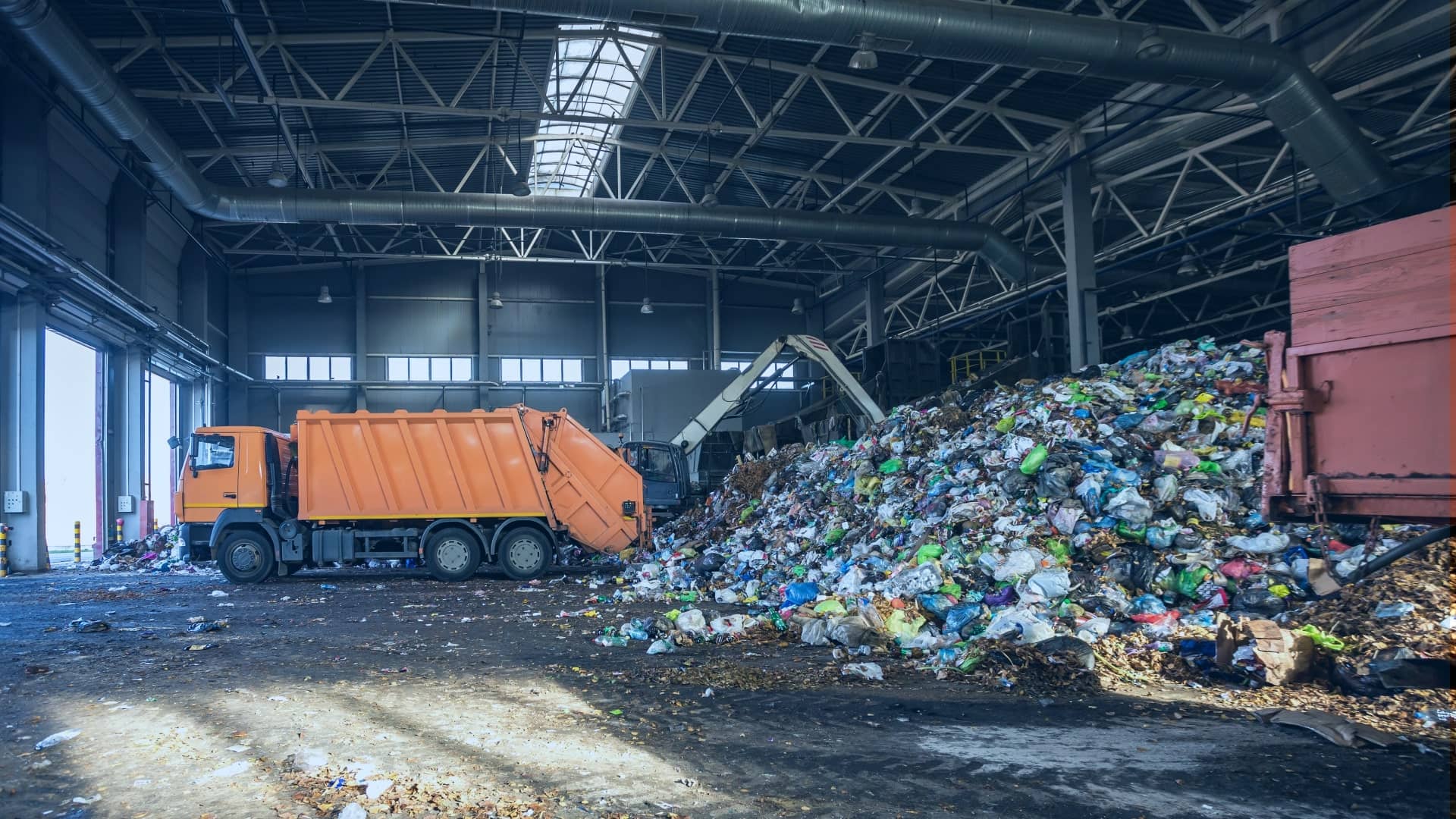An Unbiased View of Reclaim Waste
An Unbiased View of Reclaim Waste
Blog Article
A Biased View of Reclaim Waste
Table of ContentsEverything about Reclaim WasteReclaim Waste - The FactsWhat Does Reclaim Waste Do?Fascination About Reclaim WasteAn Unbiased View of Reclaim Waste
Check out the types, incidents, and forms of fluid waste. Residential sewage waste refers to the waste and items from a domestic septic storage tank. This sort of waste is created by human beings in homes, colleges, and other buildings. This only consists of sewage-disposal tanks that have a drain area. The correct management and disposal of domestic sewer waste call for liquid waste to be transferred to a sewer treatment plant where the appropriate techniques and tools are related to detoxify and throw away waste.
Commercial waste usually includes prospective hazards, such as combustible products or a mixture of liquid and strong waste items, and needs an extra sophisticated and detailed disposal procedure. The disposal of industrial waste typically involves the purification of waste prior to transportation to ensure safe and correct disposal. Hazardous waste is developed from byproducts and runoff of commercial procedures and production.
This type of waste can not utilize the very same sewage administration transport or processes as septic or industrial fluids. The hazardous waste management process needs the evaluation and testing of fluid waste before it goes through the disposal process (liquid waste disposal). Runoff waste is the fluid waste that originates from overflow and excess stormwater in highly inhabited locations or cities
Runoff waste can create contamination and flooding otherwise dealt with effectively. Discover more concerning sewage system cleansing and waste administration. Ensuring correct waste administration can stop catastrophes and reduce environmental injury. Both individuals in residential setups and specialists in business or production sectors can profit from comprehending the procedures and laws of liquid waste monitoring.
The 6-Second Trick For Reclaim Waste
Call PROS Providers today to find out about our waste administration and disposal services and the appropriate means to take care of the liquid waste you generate.
(https://www.goodreads.com/user/show/183557660-leon-aube)This supposed 'wastewater' is not only a vital resource but, after treatment, will be launched to our land, waterways or the sea. Made use of water from bathrooms, showers, bathrooms, kitchen area sinks, laundries and industrial procedures is known as wastewater.

water made use of to cool equipment or clean plant and devices). Stormwater, a form of wastewater, is overflow that moves from agricultural and city areas such as roofs, parks, yards, roadways, paths and gutters into stormwater drains pipes, after rain. Stormwater flows unattended directly to local creeks or rivers, ultimately getting to the ocean.
The Reclaim Waste Diaries
In Queensland, many wastewater is dealt with at sewage treatment plants. Wastewater is moved from residential or commercial websites through a system of sewage systems and pump terminals, understood as sewage reticulation, to a sewer treatment plant.
The Department of Natural Resources encourages local federal governments about managing, operating and maintaining sewerage systems and treatment plants. In unsewered locations, neighborhood federal governments may require owners to mount private or family sewage treatment systems to deal with residential wastewater from bathrooms, kitchen areas, bathrooms and laundries. The Department of Natural Resources authorizes making use of home systems when they are confirmed to be effective.
In some brand-new class, therapy of some stormwater to remove litter, sand and crushed rock has begun using gross toxin traps. Wastewater treatment takes place in 4 stages: Removes strong matter.
Wastewater after that moves into big containers where solids settle YOURURL.com and are gotten rid of as sludge. Oil and residue are skimmed from the surface area. Makes use of little living organisms referred to as micro-organisms to damage down and remove continuing to be liquified wastes and fine particles. Micro-organisms and wastes are included in the sludge. Removes nitrogen and phosphorus nutrients that can create algal flowers in our rivers and threaten water life.
Examine This Report on Reclaim Waste
Nutrient elimination is not available in all sewage treatment plants due to the fact that it requires expensive specialist tools. It is ending up being more typical in Queensland. Clear liquid effluent produced after treatment might still contain disease-causing micro-organisms. If this effluent is released into waterways such as rivers or the sea, the micro-organisms will ultimately die out.

This generally means wastewater has actually to be treated or contaminants removed prior to it can be discharged to waterways. Most wastewater moves right into the sewage system. Under the Act, city governments carry out authorizations and licences for environmentally pertinent activities (ERAs) entailing wastewater launches that might have a neighborhood influence. The department carries out approvals and licences to Periods involving wastewater releases that could have a local or statewide impact.
Our Reclaim Waste Diaries
Otherwise, examples are taken for research laboratory analysis. Often lots of tests are needed to develop the degrees of each of the different contaminants such as oils, hefty steels and chemicals in water. Monitoring offers accurate info about water high quality and can validate that permit conditions are being satisfied. The info gotten through tracking supplies the basis for making water high quality decisions.
Report this page